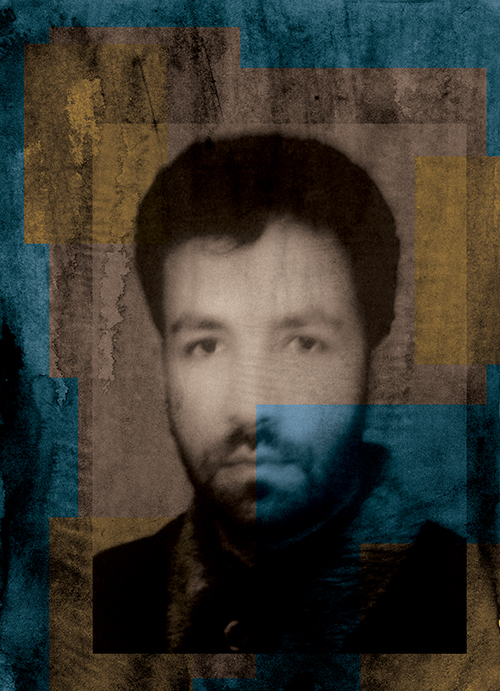Seraj ul-Haq Fazl is a judicial adviser to Afghanistan’s Interior Ministry. He studied at the Islamic Azad University in Iran and obtained a BA from the School of Law and Political Science and an MA in International Law. His family fled to Pakistan to escape the Taliban’s rule, but his father was assassinated by the Taliban in Pakistan one year later.
Can you give us an example of a time your rights have been violated?
When I applied for the post of judicial adviser in the Ministry of the Interior, I obtained the best mark in the examination held by the Independent Civil Service Commission. However, someone else, who had a connection with the Minister, was appointed to the position.
What do you consider important achievements since the fall of the Taliban in Afghanistan?
The approval and signing of the Constitution, the peaceful transition of power in the lead up to these elections, and the elections to the Parliament, provincial councils and the presidency.
What gives you hope for the future?
Free competition for employment and political power.
What do you fear most today?
I am worried about both the presence of, and the withdrawal of, the foreign troops. For the most part, the coalition forces target and kill innocent people. But I am also concerned that the foreign troops might leave Afghanistan without giving proper consideration to the responsibility they have assumed. And if this happens, we might face civil wars all over again, just like during the 1990s.
What are the major challenges facing Afghanistan?
Lack of security, administrative corruption, and drug smuggling and addiction.
Is it possible that girls could once again be banned from schools and women excluded from social participation, as was the case under the Taliban?
Never. We are in the year 2014 and fortunately, there are many more literate and educated men and women in our society than there were 13 years ago when the Taliban were in power. Societal attitudes have changed as the level of education has risen and people have lived different experiences. These educated Afghans will prevent a repetition of the past.
Have the rights of any of your family members ever been violated?
I was young during the time of Taliban rule. My father, Dad Haq, was an intellectual and an engineer. He had been educated in Germany and Japan. He was one of the people who brought radio and television to our country and played an active role in establishing and promoting the media. We were forced to migrate to Pakistan in 1998 after the emergence of the Taliban, because it was not possible for us to study in Afghanistan, especially my sisters. But the Taliban assassinated my father in Pakistan a year later. His assassination was reported in the press in Pakistan and Afghanistan.
Which factors deter women from participating in social, economic, political and cultural spheres?
Discrimination against women, and repressive cultures and customs, which mean that women do not have the same access to various possibilities as men.
What are the major demands of women?
Women want to see the law implemented uniformly. They also want equal access to services, and to enjoy the same rights and privileges as men.
Which resources and institutions can women rely on to promote their rights and demands?
The Ministry of Women’s Affairs, the Afghanistan Independent Human Rights Commission, and the civil society activists.
What do you wish for your daughter?
I wish that she will be able to be educated to the highest levels, up to a doctoral degree, so that she will be able to serve her people.
What have you done in your personal and professional life to fight against discrimination?
In my personal life, I have done everything I can to ensure my sisters could study and be able to serve their people rather than remaining within the confines of the home. In the public domain, my first contribution was to amend the Penal Procedure Code and the Police Code, in which I substituted the word ‘men’ for ‘citizens of Afghanistan.’ As a result of this change to the Police Code, both men and women are now eligible to join the police force. I also amended the Passport Law, changing the requirement that women had to be accompanied by a close male relative when they travelled and were not allowed to travel alone. I was also a member of the board for amendment of the Law for the Elimination of Violence against Women in the Ministry of Justice.
Do you have a specific message to share?
I hope to see a future where we will never again witness injustice and the violation of human rights.
“Unveiling Afghanistan, the Unheard Voices of Progress” is a campaign by Armanshahr and FIDH, which explores views held by Afghan civil society actors. Over 50 days, 50 influential social, political, and cultural actors hope to spark conversation and debate about building a society that is inclusive of women’s and human rights in Afghanistan.
Follow 50 interviews drawn from the “Unveiling Afghanistan campaign” daily on the Huffington Post. Follow Unveiling Afghanistan on FIDH Twitter: www.twitter.com/fidh_en


